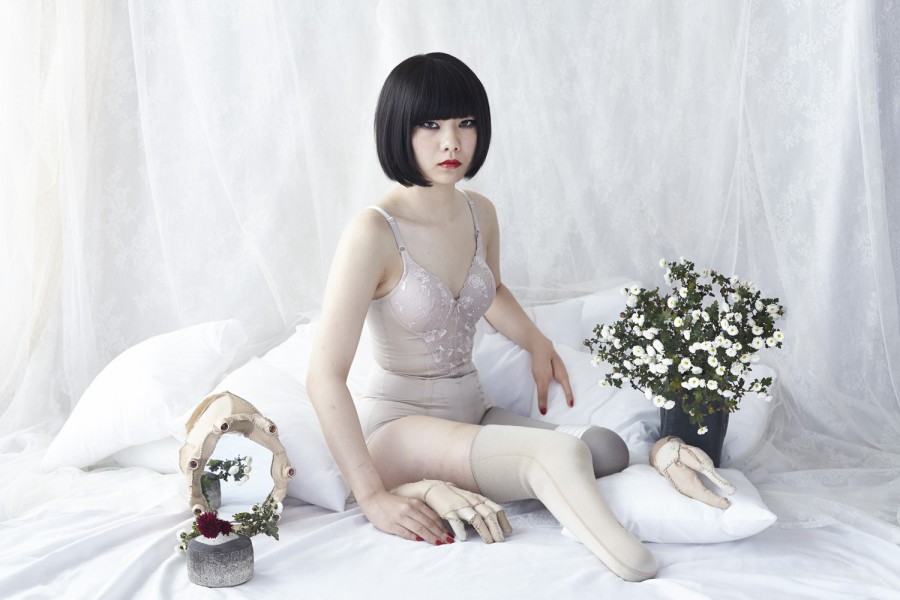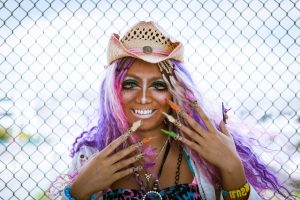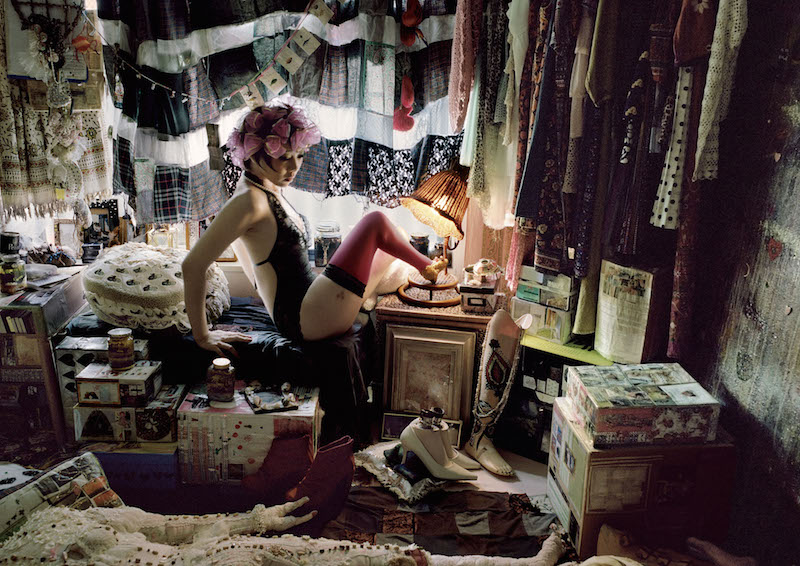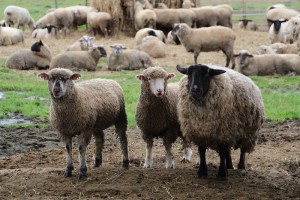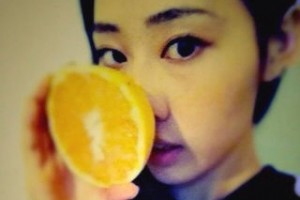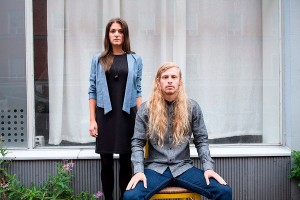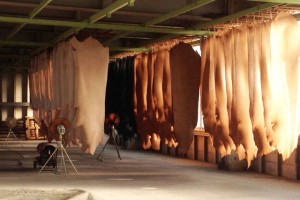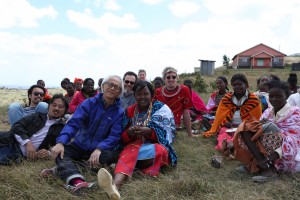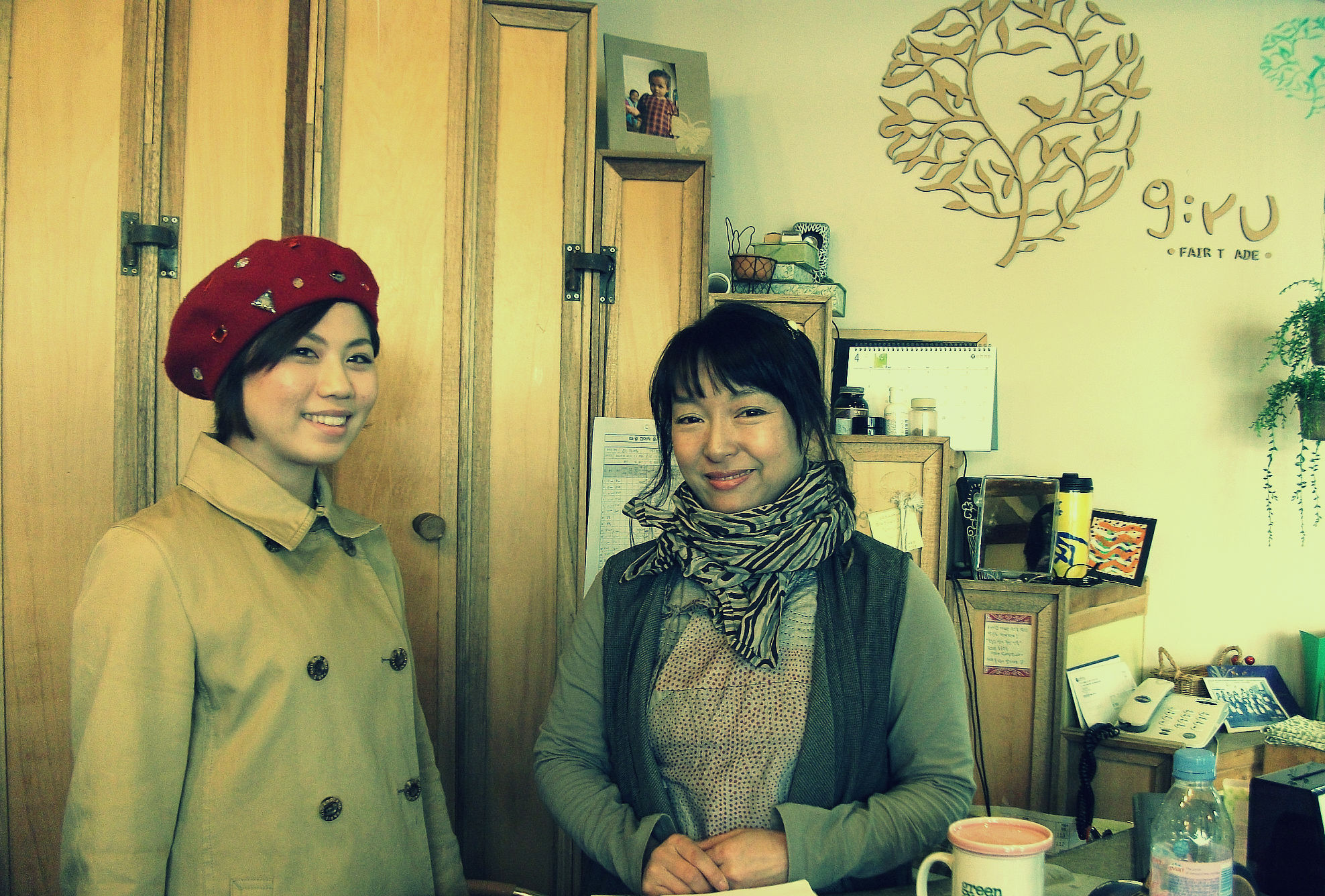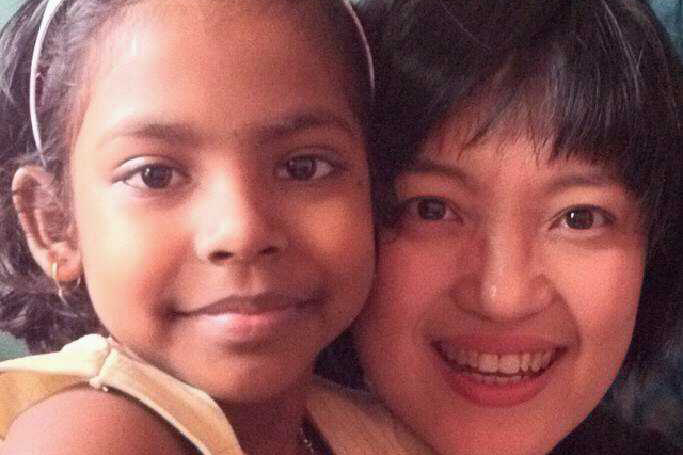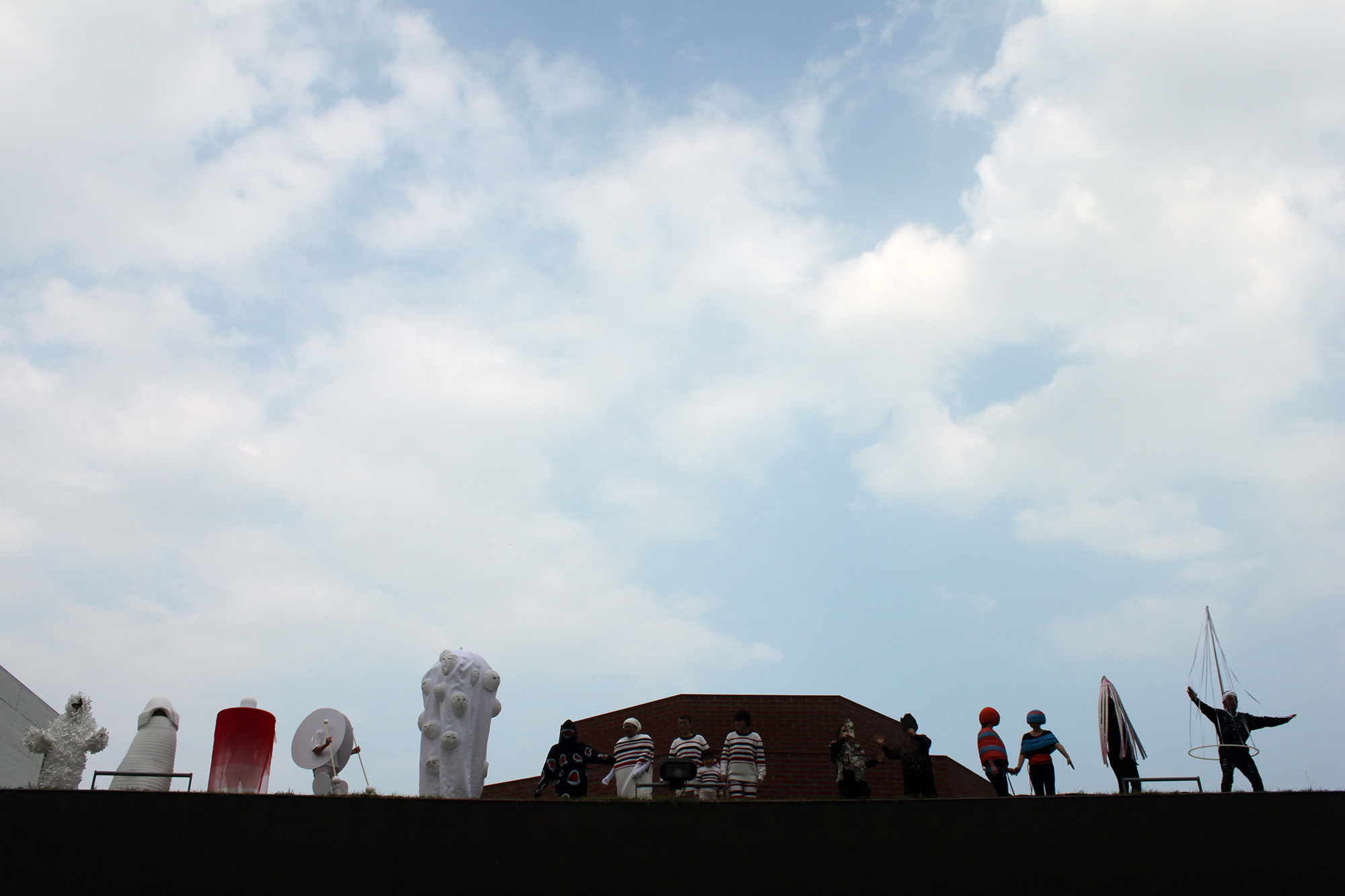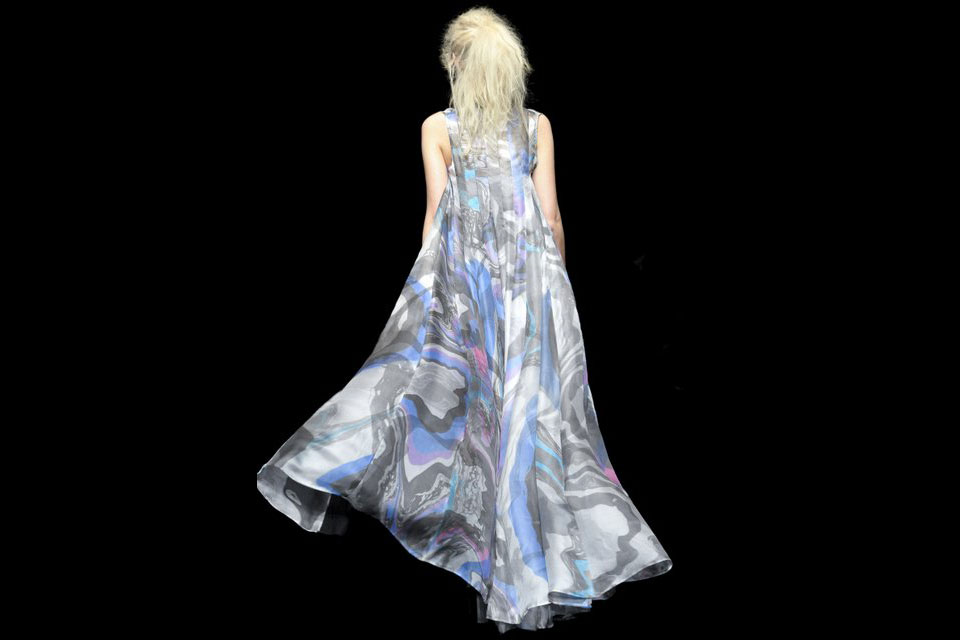Hello friends of Fragments! I’m Akari, and twice a month I will be your guide to the ethical fashion scene in Korea, writing from the point of view of a female university student in Korea.
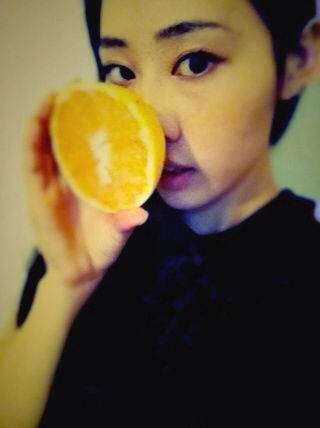
Me and Ethical Fashion through People Tree
First of all, let me introduce myself, and tell you how I got involved with ethical fashion.
I have loved fashion from a very early stage in my life. I’ve been checking out Paris Fashion week since I was in elementary school, and I met with idea of ethical fashion when I was a girl in high school in America, during the international relations class.
I was writing a report about fair trade, and I met a brand and it caught me completely by surprise. “From now on, fashion can’t be satisfying when it is superficial! The ethical should be arriving!” I fell in love with this brand’s concept, creating a fashionable style whilst being fair trade: the brand was People Tree.
Since I am a person who can’t just sit and do nothing, I went off to Bangladesh straight away, to the place where fair trade items were made, and confirmed for myself how important the fair way of international trades will be from now on.
Then, after I had returned to Japan, I had the chance to do internship with People Tree Japan in their PR section. As it was the moment of launching a collaboration line with the British pixie Emma Watson—“People Tree. Love from Emma”—I had the opportunity to do some PR projects with the student fair trade project team: School of Fair Trade (SoFT).
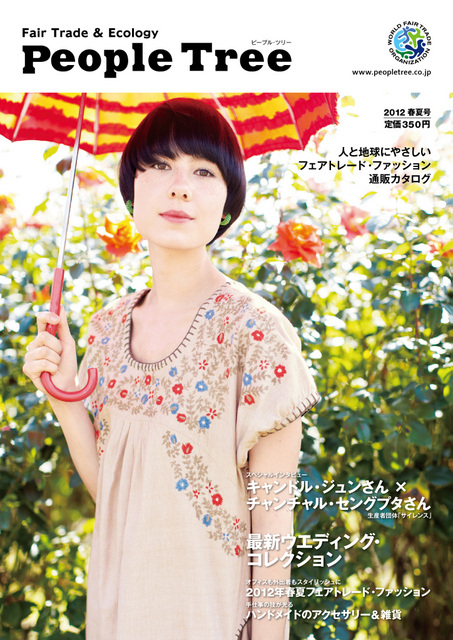
(C) People Tree
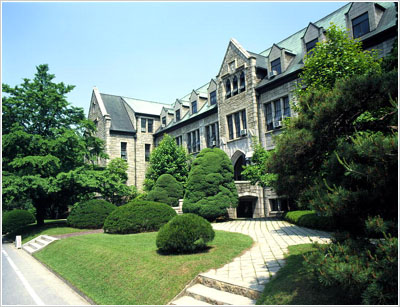
Ethical Fashion in Korea?
There’s been a great boom in Korean fashion in Japan, namely Hang-Ryu (meaning ‘Korean Style’, and generally to do with Korean pop culture, singers, drama and fashion), so it might seem little strange making the association in your mind between Korea and ethical fashion. But there’s actually quite a lot to talk about!
Everything is changing rapidly here, and people’s values change almost every moment. Although I have to say that “ethical” ideas still haven’t become completely established in Korea, “organic” and “fair trade” products are becoming more popular day by day, and this is happening at a surprising speed. The popularity of the term “fair trade” is as high as 85%* whereas in Japan it is below 50%. This is due to the effect of Korea’s rapid introduction of fair trade foods in recent years!
Speaking of myself again before we wrap up this post, I came to Korea after finishing school in America, and I now study at Ewha Women’s University, one of Korea’s largest institutions of higher learning and a luxury school, but I myself am just an ordinary girl majoring in Asian Politics, and trying to economize every day!
Let’s see how girls in this school, who have Louis Vuitton bags as their daily companions, brush themselves up, and let’s see how they respond to ethical ideas. I’ll also introduce ethical food, cosmetics, and talk about social news in Korea.
See you next time!
*1 GMO Japan Market Intelligence

